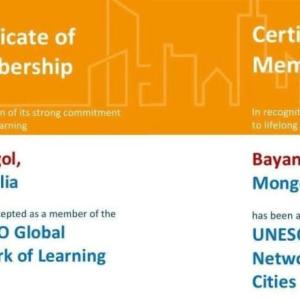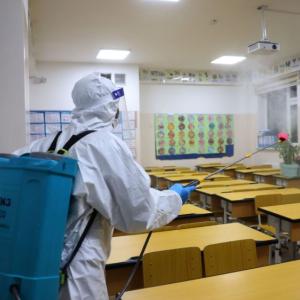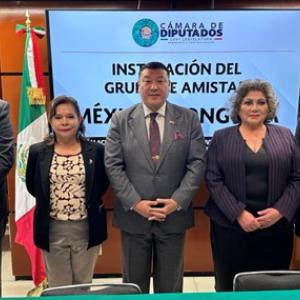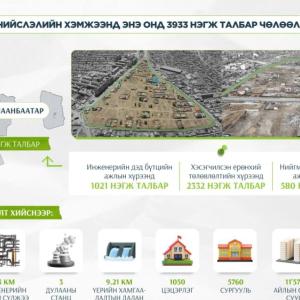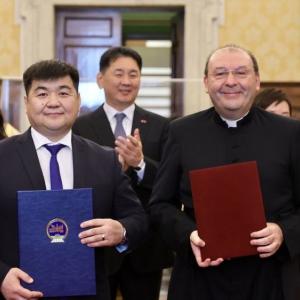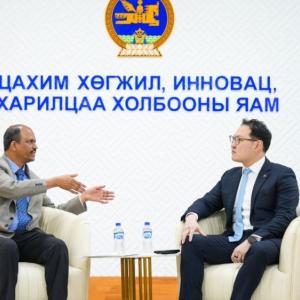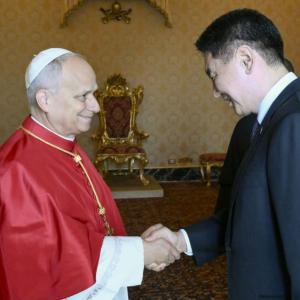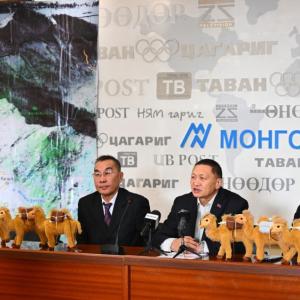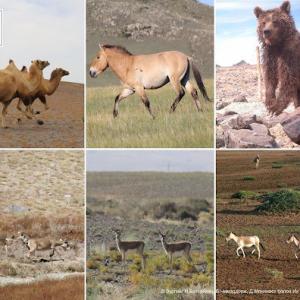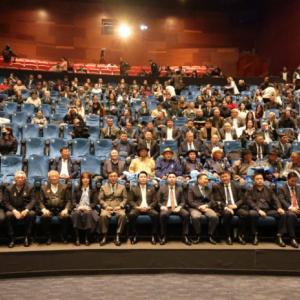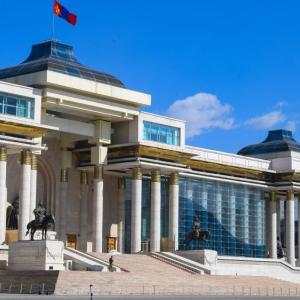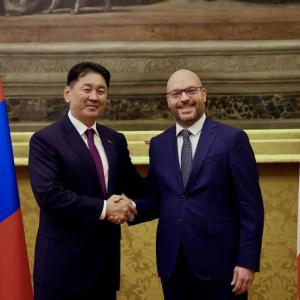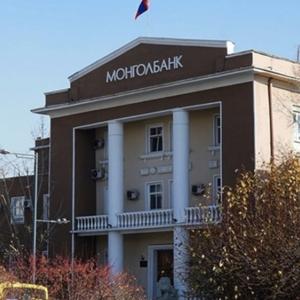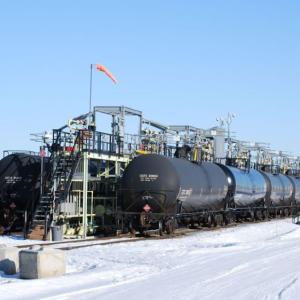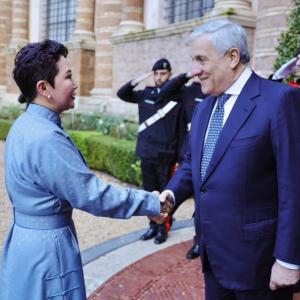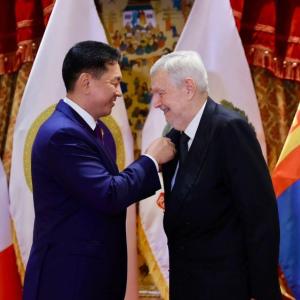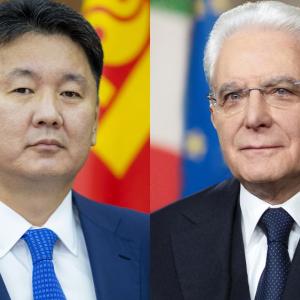European Union to Provide EUR 14 million Non-Refundable Aid
Politics
Ulaanbaatar, February 8, 2023
/MONTSAME/. On February 7, the European
Union organized a high-level consultation workshop on formulation of actions
for the Green Sustainable Development of Mongolia in cooperation with the
Government of Mongolia in Ulaanbaatar.
This conference is the preparatory
event for the projects to be implemented in Mongolian agriculture, forestry,
technical and professional training, and education sectors within this EUR 14
million non-refundable aid from the EU.
Ambassador of the European Union to Mongolia Axelle Nicaise delivered opening remarks. In her remarks, she said, “Our partnership is built on mutual trust, shared values, and a common goal of creating a better future for our citizens and the environment we live in. We recognize the importance of collaboration and joint action in order to achieve these goals. This is a partnership of equals, no longer constrained by the donor-recipient relationship that is now a thing of the past. I would like to focus this address around three important messages: Partnership – Ownership – Impact.”

During the conference, N. Batkhuu, Advisor to the President of Mongolia on Environment and Green development policy gave a presentation on the “One Billion Trees” national campaign. The “One Billion Trees” national campaign initiated by the President of Mongolia U. Khurelsukh has been successfully implemented throughout the country in order to rehabilitate forests, increase the forest reserves, reduce desertification and land degradation, increase the number of green spaces in cities, and reduce greenhouse gas emissions. It is planned to plant one billion trees in three phases. The first phase or the preparatory phase will be taking place in 2021-2024, and the second or the intensification phase will be implemented in 2024-2026, while, the third, or sustainable implementation phase is planned for 2027-2030. For the last one year, 12 million trees have already been planted and over 300 tree farms have been built.
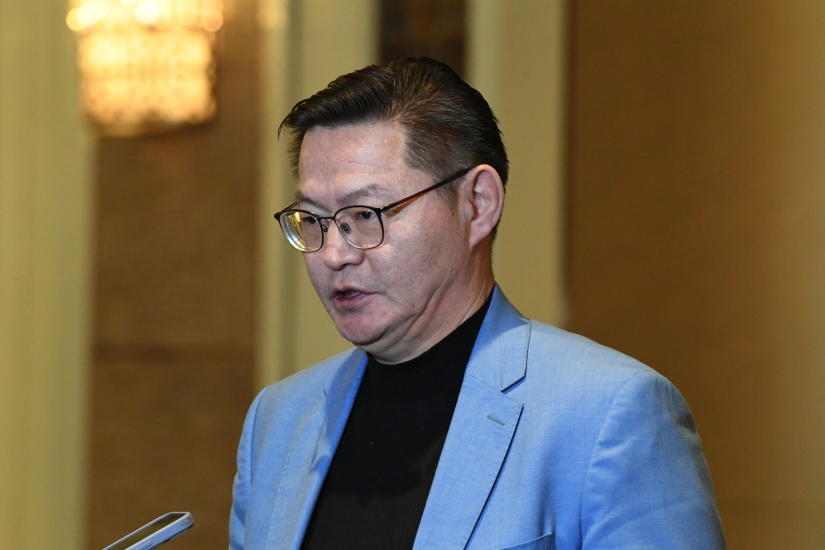
In his presentation on the
process of national campaign of “Food Supply and Safety”, Ch.
Davaabayar, Advisor of the President of Mongolia on Industry and Service Policy and
a Head in charge of Food projects and programs said, “With the purpose of
ensuring the solid implementation of the national campaign “Food Revolution”,
the State Great Khural’s Resolution No. 36 on “Measures to Ensure Food Supply
and Safety” and its temporary commission’s Resolution No. 02 have been
approved.
In order to implement Resolution No. 36, a total of MNT 1.7 billion is required, which will be contributed by the state budget(48%), foreign aid (34%), and loan and credit guarantee fund (10%). This year, 70 projects for the food industry, trade and services, animal husbandry, veterinary clinics, agriculture, light industry, small and medium industries, services, cooperatives, and research are going to be implemented and MNT 521 billion is required for funding these projects, of which MNT 222.7 million has been included in the state budget. To that extent, the office of the President of Mongolia has been taking required measures to accelerate the implementation of the respective resolutions, ensure the coordination between stakeholders, and to make the funding sources clear and optimal.” At the end of his presentation, he pointed out that the office of the President would welcome any initiatives and cooperation proposals aligned with the “One Billion Trees”, “Food Supply and Safety” and “Healthy Mongolian” national campaigns.
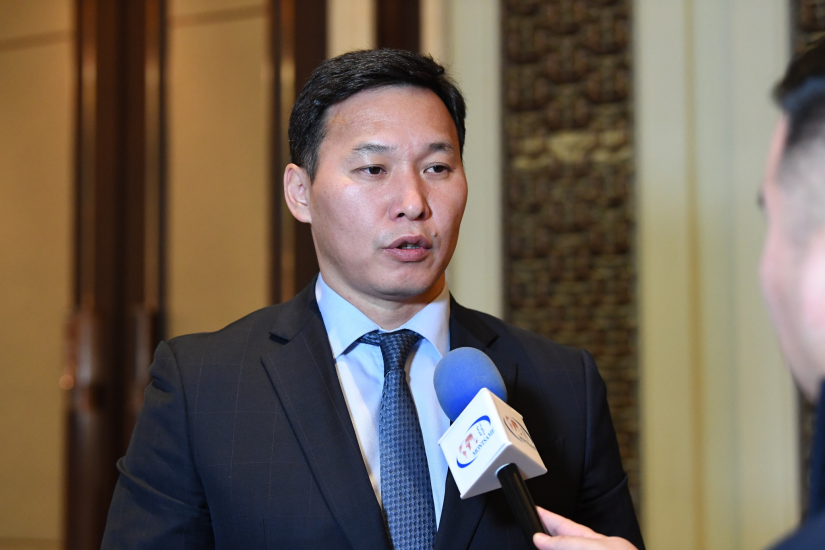
The next presentation was given by T. Munkhsaikhan, Advisor of the President of Mongolia on Health, Sports, and Social Policy. He presented, “The ‘One Billion Trees,' ‘Food Supply and Safety’ and ‘Healthy Mongolian’ are well-coordinated and closely-aligned national campaigns. The focus of our health sector has shifted from improving the quality of healthcare services to eradicating the factors causing diseases. To that extent, we are focusing on four main areas, which are to create a healthy living environment for people, to provide our people with healthy foods, to promote healthy and proper lifestyles, and, lastly, to provide education on health and well-being to citizens stage by stage.”

Representing the education sector, a head of the Professional Education and Training Department of the Ministry of Education and Science D.Bilguudei said, “I presumed that the EU would implement projects in highly inter-related sectors such as agriculture, environment, and professional education while identifying these sectors as its priority areas. The Department of Forestry has released a study stating that an average of 3,000 professional personnel will be needed in the coming year in connection with the “One Billion trees” national campaign. As of today, vocational training centers in Orkhon, Selenge, Zavkhan, and Khentii aimag are preparing professional personnel for the agriculture sector. In the framework of the projects to be implemented, it is planned to conduct fundamental research and develop the content and curriculum of the training in a way that meets international standards. To this extent, it is required to enhance the coordination between the curriculums of the Mongolian University of Life Sciences and other vocational training centers. In other words, other required arrangements will be made to enable professors of the MULS to teach lessons on theories to vocational training center students, and in turn, the students of MULS to do field internships on the training basis of these centers. For our Ministry, we deeply realize our responsibility to prepare highly skilled personnel who will play a vital role in ensuring the successful implementation of these projects.”
During the conference, in response
to the question about her expectations for the Mongolian side with reference to
the sustainable development goals, Axelle Nicaise, Ambassador of the
European Union to Mongolia said, “As in every true partnership, we are
here to respect and commit to the regulations and the policies that Mongolia
adopts. The decarbonisation of energy, as committed with the Paris Agreement,
is an enabler for green sustainable development and green growth. Of course the
transition cannot take place from one day to the other. It is a continuous
process of engagement and close collaboration among key stakeholders. As
European Union we are committed to accompanying Mongolia in meeting its
National Determined Contribution commitments that are strongly relying on
renewable energy.”

 Ulaanbaatar
Ulaanbaatar






